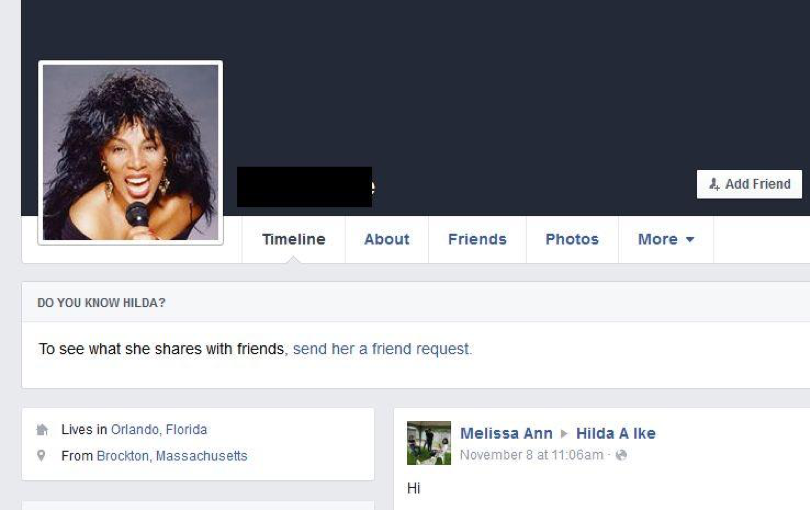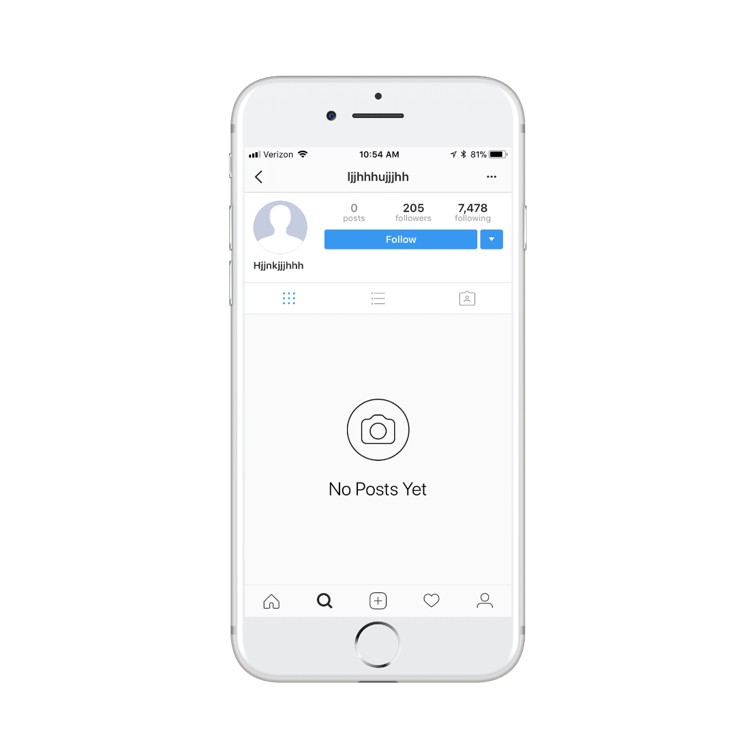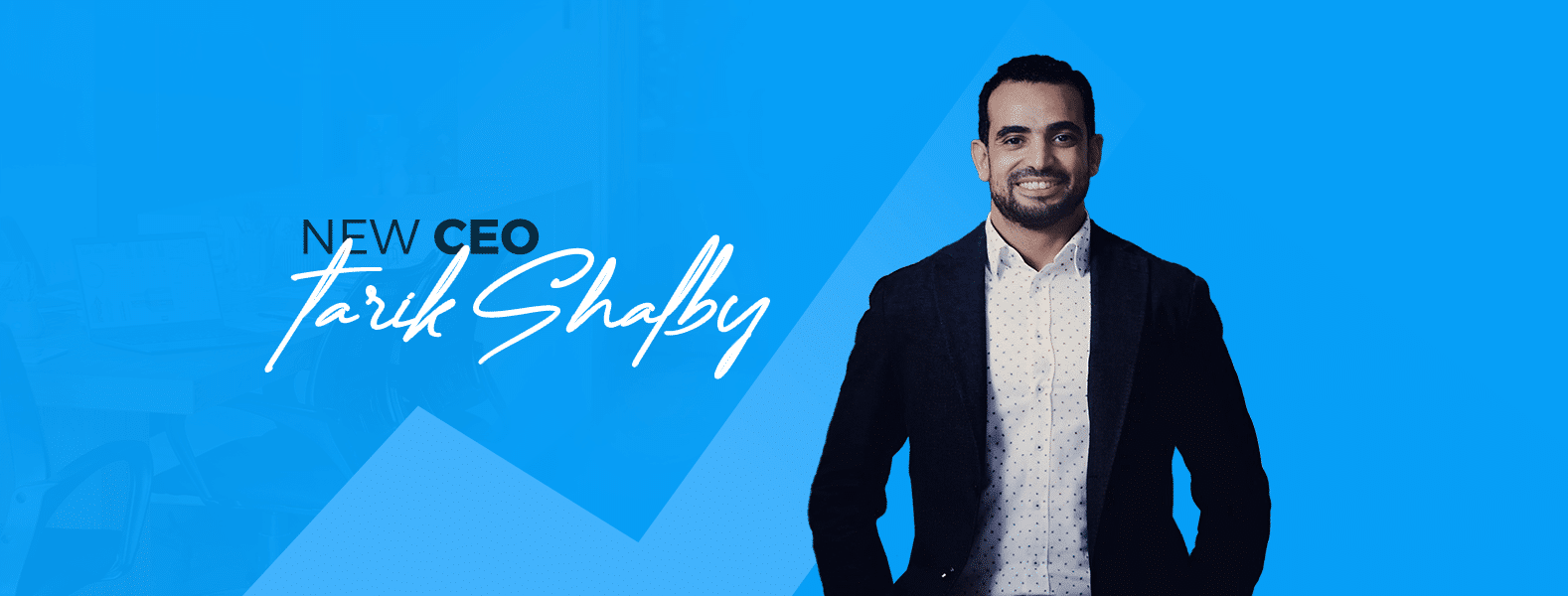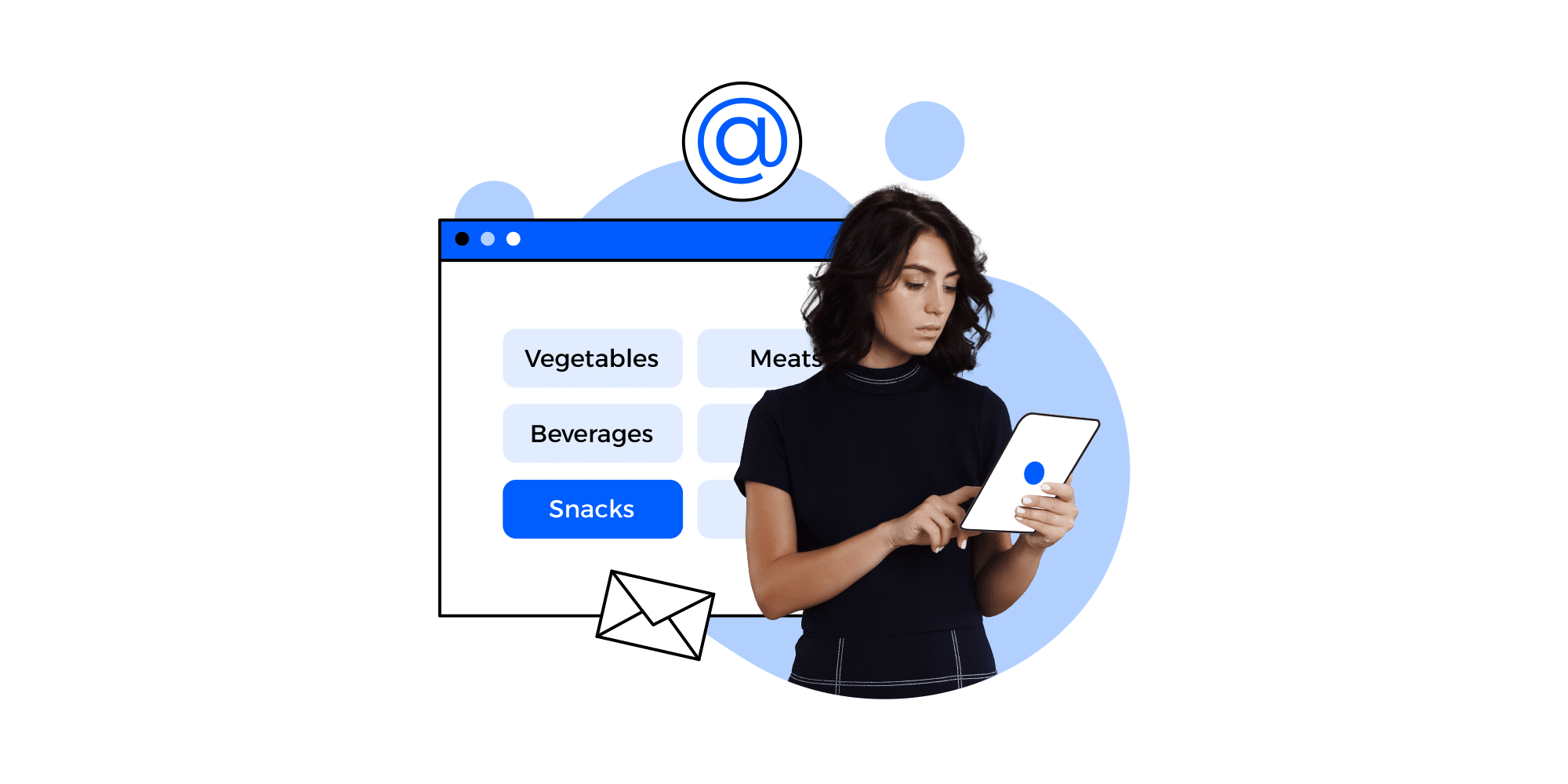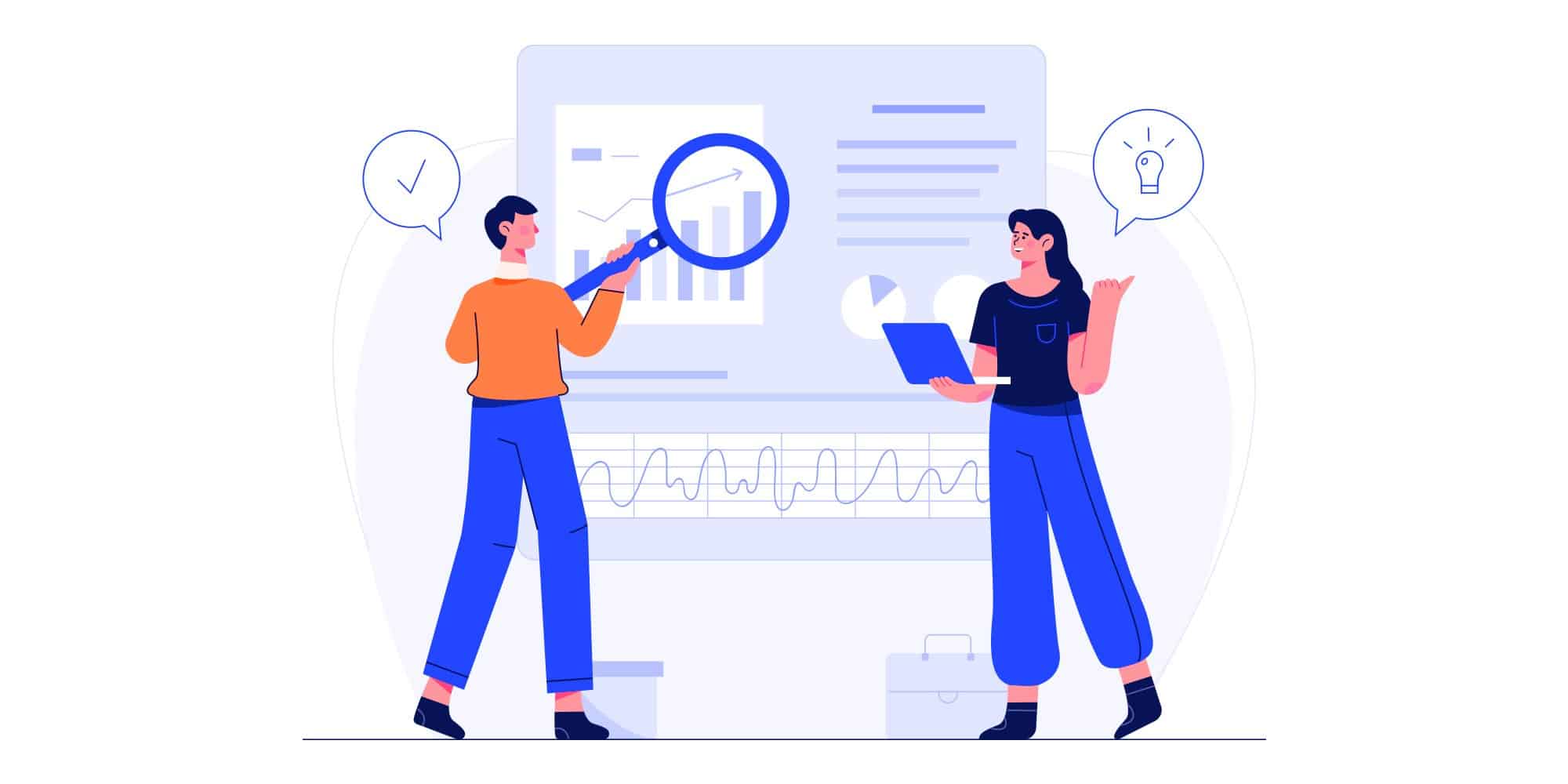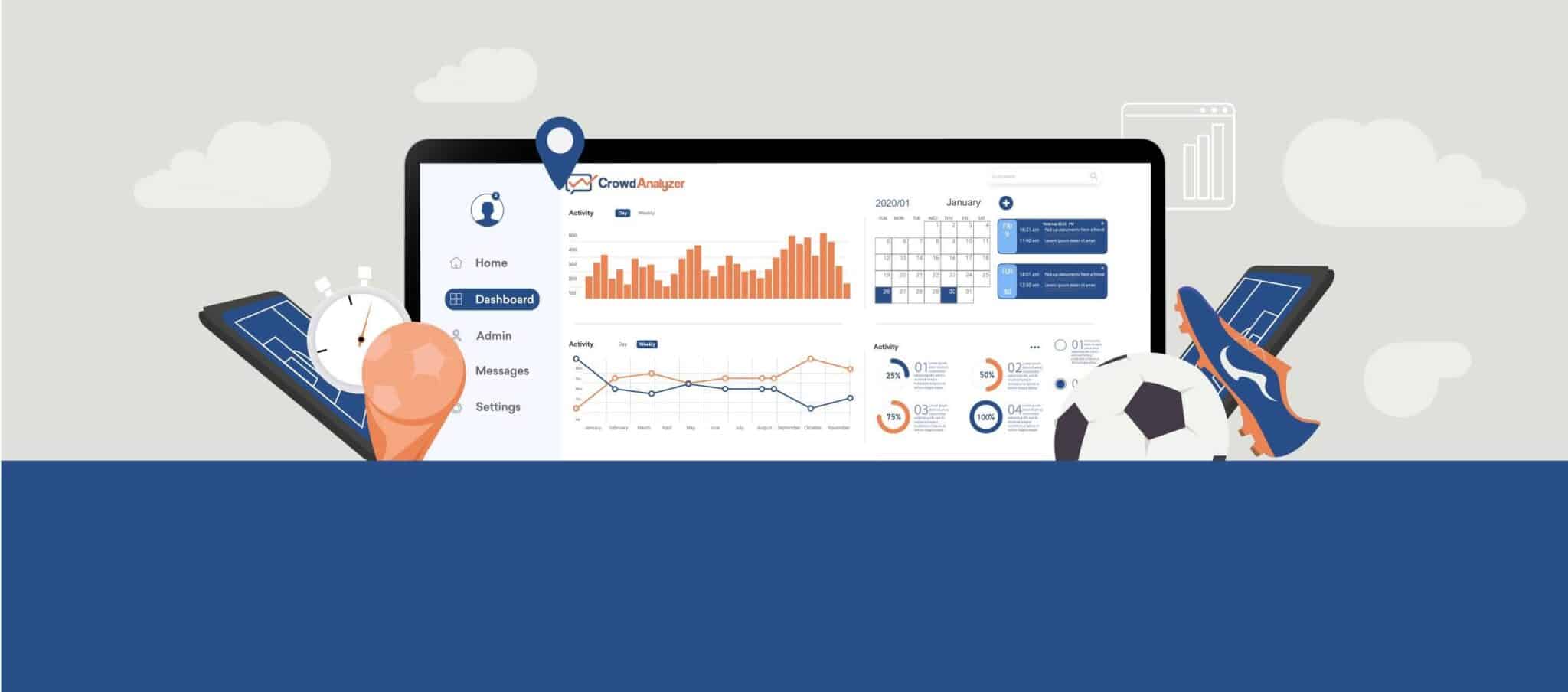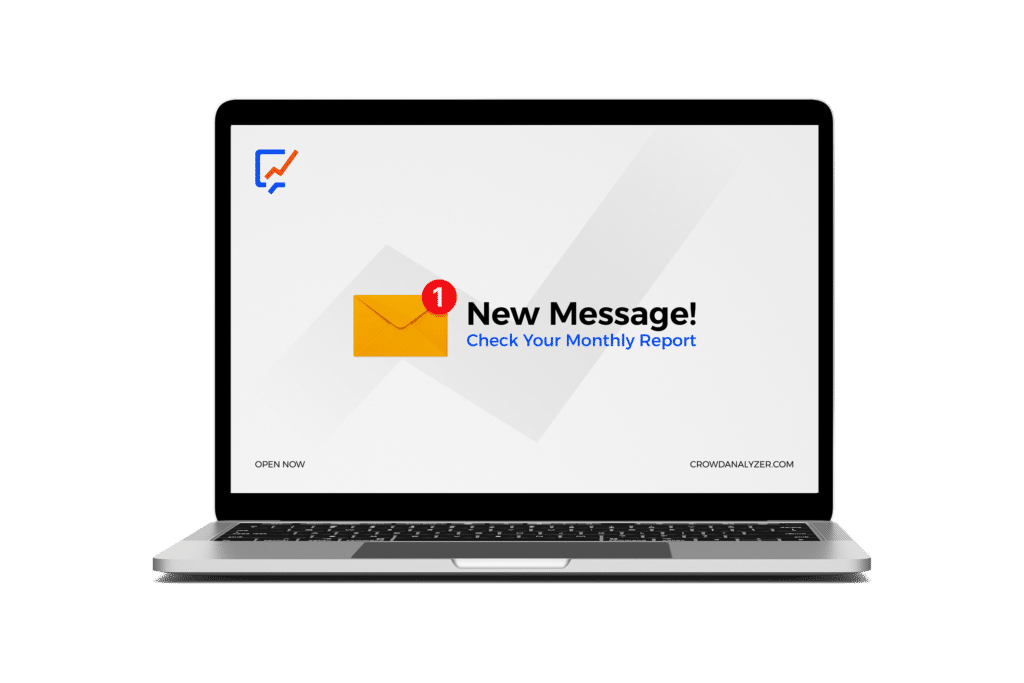Followers count is considered a real-world currency for influencers and entertainers. High follower count plays a critical role in shaping a market of young stars where advertisers spend billions every year. However, are the people who like and follow these influencers actually real?
In 2017, a study by researchers at the University of Southern California found that between 9% and 15% of Twitter accounts were bots; nearly 48 million accounts at that time. Before you start setting a budget and paying for the next influencer marketing campaign, you might want to learn more about fake followers. It is becoming something that cannot be ignored anymore. What are fake followers? Are there different types of fake accounts? How can we identify fake followers?
What are fake followers/accounts?
Fake followers can be divided into two categories:
- Human
- People who imitate or copy other people’s behavior and actions (impersonators, copycats).
- Software
- Social bot: A software that runs automated tasks based on what’s being said online. Bots look for pre-specified keywords and then either follow you or respond to something you said.
Tips to identify fake accounts
On Facebook:
- Profile picture used most of the time will be a celebrity or an object.
- The account has 0 likes or thousands of likes.
- No bio and personal information.
- A celebrity or public figure account with no verification symbol.
On Twitter:
- Public figure or brand is not verified with Twitter’s blue mark.
- Personal information is not completed or missing.
- Bots use the same content with different users.
- The accounts have no personal profile picture.
On Instagram:
- New accounts with thousands of followers.
- Accounts with lots of followers and low engagement on their posts.
Can we precisely identify an influencer’s number of fake followers before the campaign?
To answer this question, we have analyzed Twitter followers of the top 10 celebrities in the KSA. We chose Twitter for two main reasons; it has a large number of bots and KSA is the most active on Twitter in the MENA region with nearly 11m active users.
Below are the results of analyzing the percentage of fake/bot followers for the top followed celebrities in Twitter in KSA through 4 free tools.
| Sparktoro (0%-100%) |
TwitterAudit (0%-100%) |
Botometer (0-5) |
StatusPeople (0%-100%) |
|
| @MohamadAlarefe | 67.0% | 88% | 0.1 | 7% |
| @Dr_alqarnee | 56.6% | 90% | 0.1 | 8% |
| @shugairi | 56.5% | 64% | 0.2 | 5% |
| @salman_alodah | 54.8% | 57% | 0.2 | 26% |
| @Alwaleed_Talal | 51.1% | 71% | 0.2 | 10% |
| @abdulrahman | 44.2% | 55% | 0.2 | 10% |
| @SamiAlJaber | 51.5% | 75% | 0.3 | 14% |
| @KingSalman | 54.1% | 93% | 0.3 | 18% |
| @waleedalfarraj | 51.1% | 69% | 0.1 | 13% |
As you can see in the table, the difference is clear and compelling. The tools available to identify fake/bot followers are plenty but not unified. Each tool uses different algorithms and methodologies which results in completely different scores.
Organic followers quickly turn into more followers; fake followers don’t because they simply can’t. They don’t have friends that they can tell about your business, and most of the cases, they won’t interact well with your content.
If you are looking for an answer to the question, “Should I buy followers?”; well, the answer is definitely a no. Instead of buying fake followers, the best way to grow your audience base is sharing high-quality content and of course, following and interacting with others. However, if you’re not able to accurately estimate the number of fake/bot followers for an influencer, how will you choose him/her for your next campaign?
Different metrics to score an influencer
We at Crowd Analyzer have developed a new practical methodology to score an influencer besides estimating their fake/bot followers. The best influencer can be identified based on metrics like number of followers, number of activities, interactions per activity, followers’ growth rate, and much more.
Choosing an influencer is a vital step in marketing campaigns. It is even harder to choose micro influencers based on data and not simply gut feeling. It’s important to match your choice of influencers with your marketing objective (i.e. if you’re looking for reach then opt for an influencer with high follower count; If you’re looking for people to engage with your brand then choose an influencer that receives high engagement).
Basically, if you want a real relationship with an influencer that drives sales for your brand, think ENGAGEMENT not follower count.
